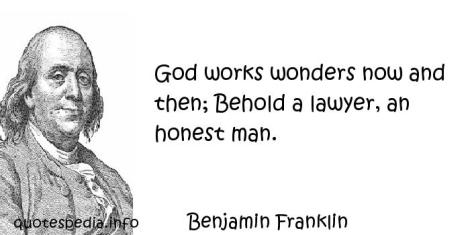
After the rejection of the surrender terms that he had negotiated with Johnston, with Breckinridge cleverly pulling the strings, go here to read about it, a clearly irked Sherman wasted no time in carrying out his orders to arrange new surrender terms with Johnston:
HEADQUARTERS MILITARY DIVISION OF THE MISSISSIPPI
IN THE FIELD, RALEIGH, NORTH CAROLINA, April 25, 1865.
Lieutenant-General U. S. GRANT, present.
GENERAL: I had the honor to receive your letter of April 21st, with inclosures, yesterday, and was well pleased that you came along, as you must have observed that I held the military control so as to adapt it to any phase the case might assume.
It is but just I should record the fact that I made my terms with General Johnston under the influence of the liberal terms you extended to the army of General Lee at Appomattox Court-House on the 9th, and the seeming policy of our Government, as evinced by the call of the Virginia Legislature and Governor back to Richmond, under yours and President Lincoln’s very eyes.
It now appears this last act was done without any consultation with you or any knowledge of Mr. Lincoln, but rather in opposition to a previous policy well considered.
I have not the least desire to interfere in the civil policy of our Government, but would shun it as something not to my liking; but occasions do arise when a prompt seizure of results is forced on military commanders not in immediate communication with the proper authority. It is probable that the terms signed by General Johnston and myself were not clear enough on the point, well understood between us, that our negotiations did not apply to any parties outside the officers and men of the Confederate armies, which could easily have been remedied.
No surrender of any army not actually at the mercy of an antagonist was ever made without “terms,” and these always define the military status of the surrendered. Thus you stipulated that the officers and men of Lee’s army should not be molested at their homes so long as they obeyed the laws at the place of their residence.
I do not wish to discuss these points involved in our recognition of the State governments in actual existence, but will merely state my conclusions, to await the solution of the future.
Such action on our part in no manner recognizes for a moment the so-called Confederate Government, or makes us liable for its debts or acts.
The laws and acts done by the several States during the period of rebellion are void, because done without the oath prescribed by our Constitution of the United States, which is a “condition precedent.”
We have a right to, use any sort of machinery to produce military results; and it is the commonest thing for military commanders to use the civil governments in actual existence as a means to an end. I do believe we could and can use the present State governments lawfully, constitutionally, and as the very best possible means to produce the object desired, viz., entire and complete submission to the lawful authority of the United States.
As to punishment for past crimes, that is for the judiciary, and can in no manner of way be disturbed by our acts; and, so far as I can, I will use my influence that rebels shall suffer all the personal punishment prescribed by law, as also the civil liabilities arising from their past acts.
What we now want is the new form of law by which common men may regain the positions of industry, so long disturbed by the war.
I now apprehend that the rebel armies will disperse; and, instead of dealing with six or seven States, we will have to deal with numberless bands of desperadoes, headed by such men as Mosby, Forrest, Red Jackson, and others, who know not and care not for danger and its consequences.
I am, with great respect, your obedient servant,
W. T. SHERMAN, Major-General commanding. (more…)


